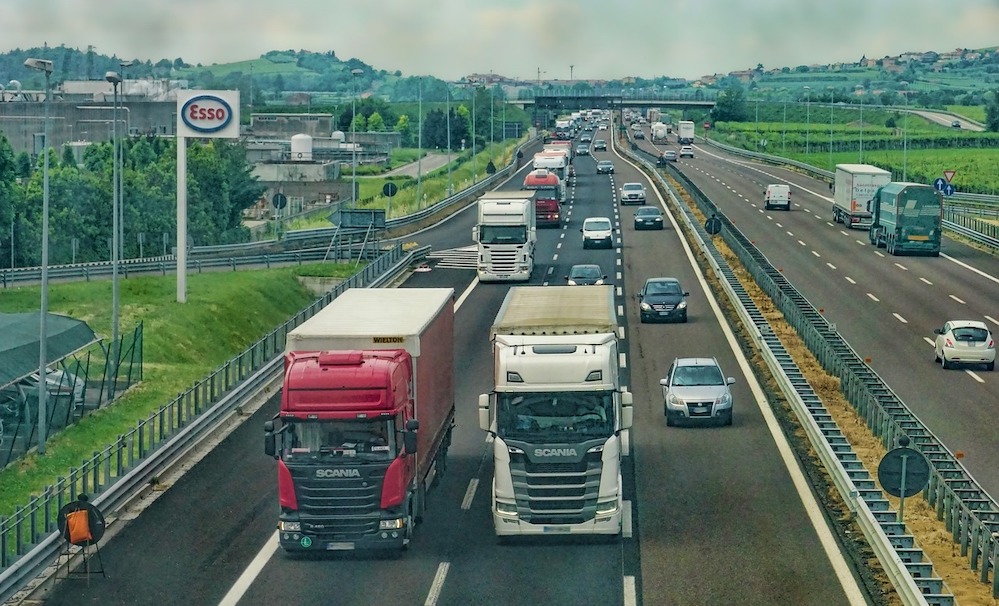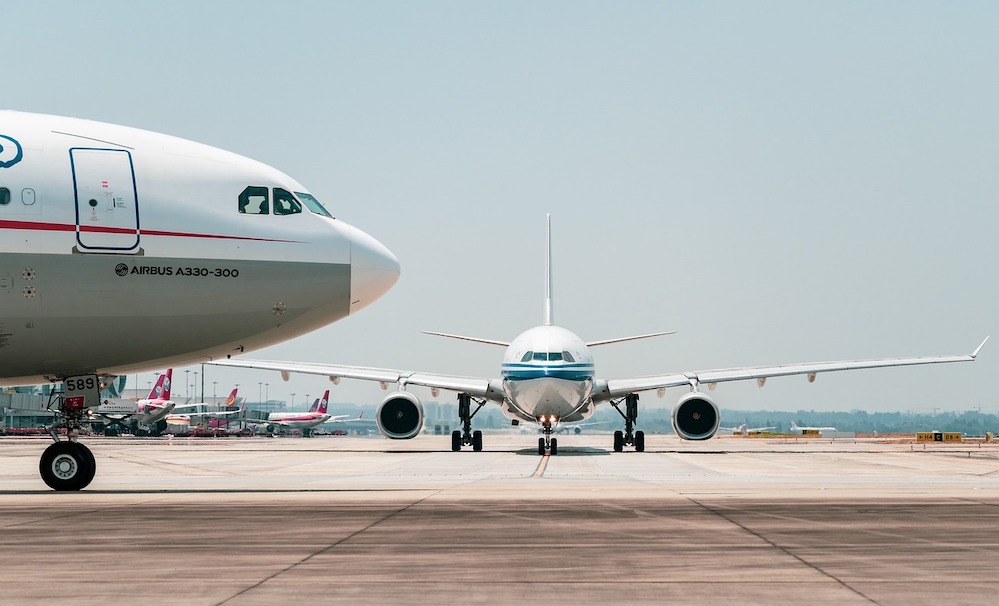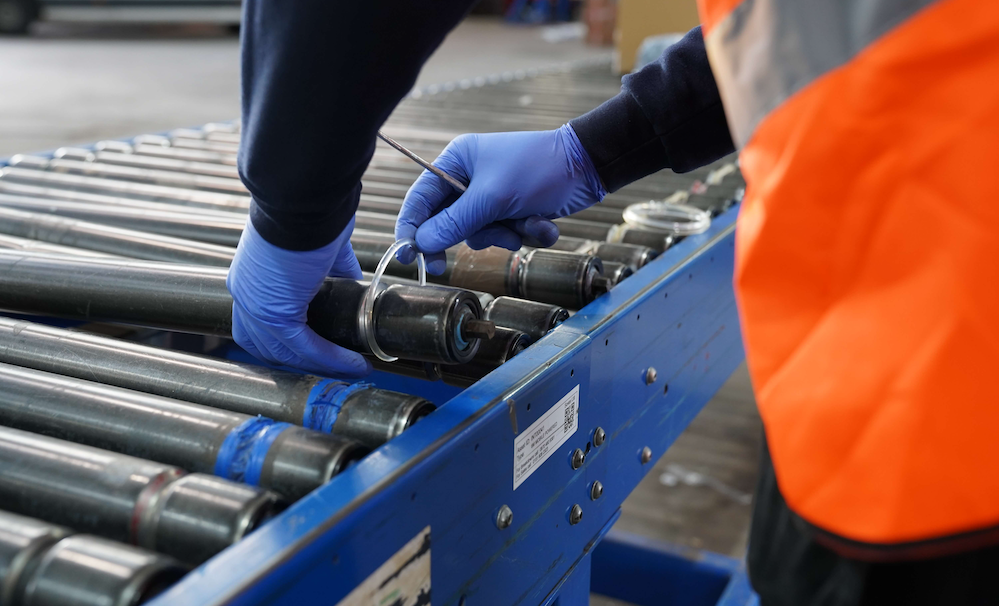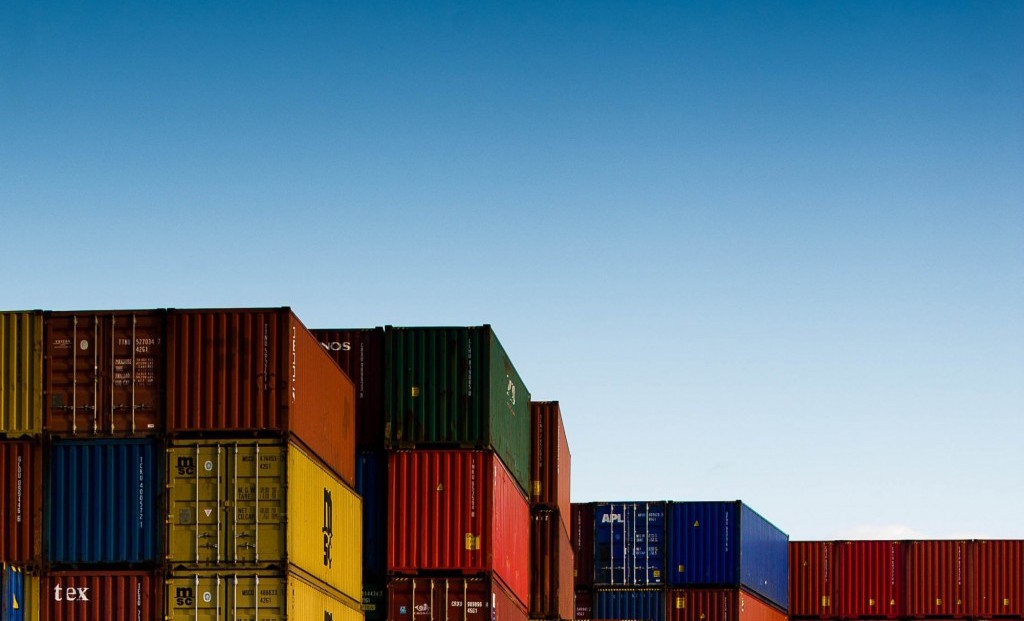The transport and logistics industry stands at a pivotal juncture, facing the dual challenge of increasing demand and the urgent need for sustainable practices. The quest for green haulage is not just about adhering to regulations; it’s a commitment to preserving our planet for future generations.
As we delve into the innovative ways technology is fostering sustainability in haulage, it becomes clear that a greener future is not just possible but already unfolding.
Redefining Efficiency with Advanced Fleet Management
The introduction of advanced transport management systems has revolutionised the industry in recent years, allowing you to optimise your transport operation with greater ease than ever before. These systems allow for real-time tracking of vehicles, optimising routes to reduce fuel consumption and emissions.
The beauty of this technology lies in its simplicity and impact. By analysing vast amounts of data, it identifies vehicle CO2 usage, the most efficient routes, avoiding traffic congestion and reducing idle times. The result is a significant decrease in carbon footprint, marking a step forward in the journey towards sustainability.
Electric Vehicles: Steering Towards a Cleaner Future
The shift towards electric vehicles (EVs) in the haulage sector is perhaps the most visible sign of the industry’s commitment to green practices. With major manufacturers unveiling electric trucks designed for heavy loads, the future looks promising. These vehicles offer a cleaner alternative to traditional diesel engines, emitting zero exhaust pollutants.
Charging infrastructure is growing, supported by government incentives and private investment, making EVs a viable option for hauliers aiming to reduce their environmental impact.
Eco-friendly Fuel Alternatives: Beyond Electric
While electric vehicles (EVs) capture much of the public’s attention, the exploration and adoption of alternative fuels are making significant strides in the background, heralding a new era for the haulage industry.
Biofuels, derived from organic materials like plant biomass and recycled cooking oil, present a renewable and less environmentally damaging option. They can be used in existing diesel engines with minimal modifications, offering a practical transition towards greener operations. On the other hand, hydrogen fuel cells stand out for their high energy efficiency and the fact that their only emission is water vapour, making them an exceptionally clean energy source.
Unfortunately, though, these alternative fuels are not without their challenges. The production and distribution infrastructure for biofuels and hydrogen is still in its infancy, requiring substantial investment to become widely accessible.
Hydrogen fuel cells also face hurdles related to the storage and transportation of hydrogen gas, which is highly flammable and requires high pressure for liquefaction. Despite these challenges, the potential environmental benefits and the push for cleaner energy sources drive continuous innovation, making biofuels and hydrogen potentially significant contenders in the quest for a sustainable haulage ecosystem.
Smart Logistics: The Backbone of Sustainable Haulage
The revolution in smart logistics, leveraging the Internet of Things (IoT) and artificial intelligence (AI), is transforming the very foundation of the haulage industry.
IoT devices, embedded in vehicles and cargo, provide a constant stream of data on location, temperature, humidity, and more. This real-time monitoring ensures that goods are transported under optimal conditions, significantly reducing the risk of spoilage and waste, which is particularly vital for perishable goods.
AI takes this data and goes a step further, analysing patterns to predict demand and optimise routes. This predictive capability means that haulage companies can plan their operations more efficiently, ensuring trucks are fully loaded and reducing the number of empty return trips.
Such optimisation not only maximises the use of resources but also significantly reduces fuel consumption and emissions, contributing to a greener environment.
Training and Education: Empowering a Green Workforce
The impact of technology on green haulage extends beyond vehicles and operational systems; it plays a crucial role in empowering the workforce.
Advanced training programs, utilising virtual reality (VR) and e-learning platforms, offer immersive and interactive learning experiences for drivers. These programs cover eco-driving techniques, such as optimal gear shifting, speed management, and strategic braking, all designed to reduce fuel consumption and emissions.
Moreover, maintenance training ensures that vehicles are kept in peak condition, further enhancing efficiency and reducing the likelihood of emissions-heavy breakdowns. Load optimisation training teaches drivers and logistics planners how to maximise cargo space, reducing the need for additional trips.
Such education initiatives are vital for cultivating a culture of sustainability within the haulage industry. They ensure that drivers are not only skilled in operating their vehicles but are also conscious of their environmental impact, equipped to make smarter, greener choices every day.
Collaborative Efforts for a Sustainable Future
The journey towards green haulage is a collaborative effort, involving governments, businesses, and consumers. Policies and regulations play a critical role, setting standards and providing incentives for green practices.
Meanwhile, businesses must commit to sustainability goals, investing in green technologies and practices. Consumers, too, have a part to play, by choosing services that prioritise environmental responsibility.
Together, these efforts create momentum towards a more sustainable haulage industry.
Challenges and Opportunities
The journey towards a greener future in haulage is fraught with obstacles, yet each challenge brings with it a wealth of opportunities. The high initial costs associated with adopting green technologies, from electric vehicles (EVs) to advanced fleet management systems, pose a significant barrier for many businesses.
These expenses include the purchase price and the investment in related infrastructure, such as charging stations for EVs. What’s more, the development of alternative fuels, while promising, requires ongoing research and substantial funding to overcome technical and logistical hurdles.
Another major challenge lies in the need for a comprehensive charging infrastructure to support the widespread adoption of electric vehicles. The current network is often deemed insufficient for the needs of heavy-duty transport, with concerns over the availability of charging points and the time required to recharge vehicles. Similarly, the production, storage, and distribution network for alternative fuels like hydrogen needs considerable expansion to become viable on a large scale.
Despite these hurdles, the push towards sustainable haulage practices opens up numerous opportunities. The high demand for green solutions drives innovation in the sector, encouraging companies to develop new technologies and improve existing ones.
As these technologies mature, we can expect a significant reduction in costs, making sustainable options more accessible to a broader range of businesses.
Looking Ahead
Despite the undeniable challenges we’ve unveiled, there seems little doubt that the future of green haulage is bright, illuminated by the advancements in technology driving sustainability forward.
From electric trucks to intelligent logistics, the industry is witnessing a transformation that promises a cleaner, more efficient future. As we continue to innovate and collaborate, the vision of a fully sustainable haulage sector becomes increasingly attainable.
Of course, the journey ahead is a long one, but with each technological breakthrough, we move closer to our goal, proving that a greener future is not just a dream but a reality in the making.
In Short
The shift towards sustainable haulage practices is both a necessity and an opportunity. As technology continues to evolve, it paves the way for innovative solutions that reduce the environmental impact of transport and logistics. By embracing these technologies, the haulage industry can lead by example, demonstrating that economic growth and environmental responsibility can go hand in hand.
The future of green haulage is about protecting our planet and building a resilient, efficient, and sustainable industry for generations to come.







